Why Does My Dog’s Teeth Chatter? Understanding the Reasons Behind This Common Canine Behavior
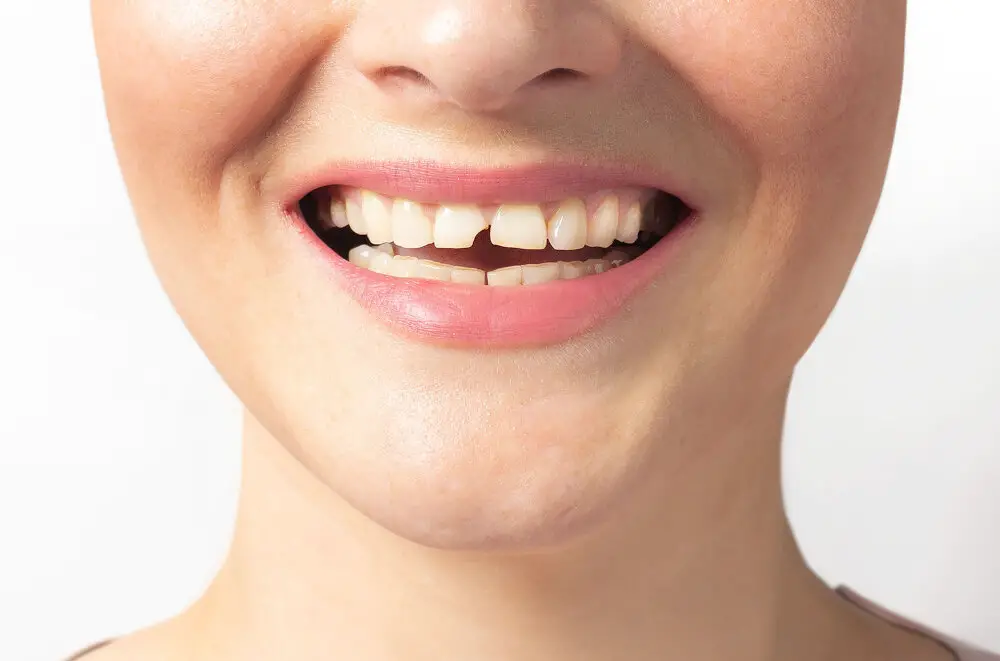
As pet owners, we all love to see our furry companions happy and healthy. However, there are times when our pets exhibit behaviors that leave us puzzled and concerned. One of the most common behaviors that dog owners often notice is teeth chattering. At first glance, it may seem like a harmless quirk, but it could indicate an underlying issue that needs to be addressed. Understanding why your dog’s teeth are chattering is crucial to ensure your pet’s well-being. Teeth chattering in dogs is a behavior that involves rapid movements of the jaw, resulting in a clacking or chattering sound. There are various reasons why dogs exhibit this behavior, and it can be challenging to determine the exact cause without observing other symptoms. Some of the common reasons for teeth chattering in dogs include pain, anxiety, excitement, or even cold weather. Identifying the root cause of teeth chattering is critical to address any underlying concerns and ensure that your dog remains healthy and happy. In this article, we will delve into the reasons why dogs chatter their teeth, how to identify the cause, and what you can do to help your furry friend.
Teeth chattering is a common behavior observed in dogs that occurs when their teeth repeatedly clatter against each other. This behavior is usually a sign of discomfort, anxiety, or excitement, and it can occur due to a variety of reasons. In some cases, teeth chattering can be a response to cold temperatures or pain, while in others, it may be a sign of fear or nervousness. Additionally, dogs may also chatter their teeth when they are excited or anticipating something, such as a treat or a walk. Understanding the reasons behind this behavior can help dog owners identify when their furry friends are experiencing discomfort or anxiety and take appropriate action to alleviate their stress.
Understanding the reasons behind a dog’s teeth chattering is of great importance for pet owners. This common behavior can be a sign of various underlying issues, ranging from physical discomfort to emotional distress. By identifying the root cause of the behavior, pet owners can take appropriate measures to address any discomfort or distress that their furry companion may be experiencing. Moreover, understanding why a dog’s teeth chatter can also help prevent future occurrences of the behavior. For instance, if a dog’s teeth chattering is caused by anxiety, pet owners can take steps to reduce their pet’s stress levels and promote a calmer environment. Overall, understanding the reasons behind a dog’s teeth chattering can help pet owners ensure their furry friends are happy and healthy.
Cold or Fear
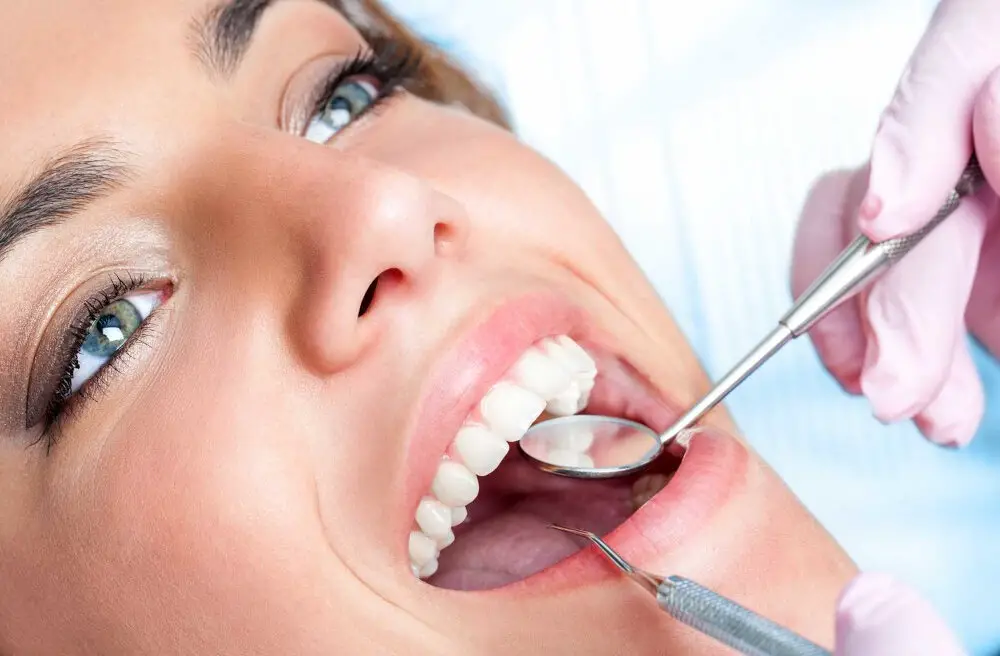
Cold or fear are two common reasons why a dog’s teeth might chatter. When a dog is cold, their body will shake and shiver in an attempt to generate heat and warm themselves up. This can cause their teeth to chatter as well. If you notice your dog’s teeth chattering along with their body shaking, it’s likely that they’re experiencing cold temperatures. To remedy this, you can provide your dog with a warm blanket or coat to help them regulate their body temperature. Additionally, keeping your home at a comfortable temperature can help prevent your dog from getting too cold and experiencing chattering teeth. Fear is another reason why a dog’s teeth might chatter. When a dog is scared or anxious, their body will react by producing adrenaline. This adrenaline can cause their muscles to tense up, including those in their jaw, which can lead to chattering teeth. If you notice your dog’s teeth chattering and they appear to be anxious or scared, try to identify the source of their fear and provide comfort and reassurance. You can also consider seeking the help of a professional dog trainer or behaviorist to help your dog overcome their fear and anxiety.
Teeth chattering in dogs can occur due to a variety of reasons, but two common culprits are cold temperatures and fear. Just like humans, dogs can feel chilly and shiver to warm up their bodies, but their teeth may also start chattering as a result. Fear can also trigger this behavior in dogs, as it is often a sign of nervousness or anxiety. When a dog is scared, their body may shake and their teeth may chatter as a physical manifestation of their emotional state. It’s important for owners to be aware of their dog’s behavior and to provide them with comfort and warmth if they are shivering due to the cold or fear.
If you notice your dog’s teeth chattering, it could be a sign of cold temperatures or fear. To determine the cause, pay attention to other behaviors and body language. If your dog is shivering, curling up, or seeking warmth, they may be cold. On the other hand, if they are cowering, avoiding eye contact, or trying to hide, they may be fearful. Additionally, if your dog’s teeth are chattering while they are in a stressful situation, such as at the vet or during a thunderstorm, fear is likely the cause. If you are unsure, consult with your veterinarian to rule out any medical conditions and to get advice on how to address your dog’s behavior.
Excitement

Excitement is a powerful emotion that can trigger a range of physical responses in dogs, including teeth chattering. When a dog is excited, their body releases a surge of adrenaline, which can cause their muscles to twitch and their teeth to chatter. This behavior is often accompanied by other signs of excitement, such as wagging tails, jumping up and down, and barking or whining. Dogs may become excited for a variety of reasons, such as when they see their owners after being apart for a long time, when they are playing with their favorite toys, or when they are about to go for a walk or run. While teeth chattering in dogs is generally considered a harmless behavior, it can be a sign of underlying health issues in some cases. For example, dogs with dental problems or jaw pain may chatter their teeth as a way to relieve discomfort. Similarly, dogs who are experiencing anxiety or stress may also chatter their teeth as a coping mechanism. As such, it is important for dog owners to pay attention to their pets’ behavior and seek veterinary care if they suspect that their dog’s teeth chattering may be related to a health issue. Overall, understanding the reasons behind your dog’s teeth chattering can help you provide the best care for your furry friend and ensure that they are healthy, happy, and comfortable.
Excitement can be a common reason why a dog’s teeth chatter. When a dog becomes excited, their body may release excess adrenaline, causing them to become tense and shaky. This tension can manifest in different ways such as barking, tail-wagging, and even teeth chattering. Additionally, dogs may also chatter their teeth when feeling cold or anxious. Therefore, it is essential to look for other signs of excitement or anxiety in your dog, such as dilated pupils, increased heart rate, or panting, to determine the root cause of their behavior. If teeth chattering is accompanied by other concerning symptoms, it is best to consult a veterinarian to ensure that there are no underlying health issues.
Excitement-related teeth chattering in dogs can be caused by a variety of situations. For instance, when a dog is eagerly waiting for its owner to come home, it may start shivering and chattering its teeth in excitement. Similarly, when a dog is about to receive a treat or go for a walk, it may exhibit similar behavior. Other situations that may cause excitement-related teeth chattering in dogs include meeting new people or animals, playing with a favorite toy, or simply being in a highly stimulating environment. While excitement-related teeth chattering is generally not a cause for concern, it is important to monitor your dog’s behavior and seek veterinary attention if it becomes excessive or is accompanied by other symptoms.
Dental Problems
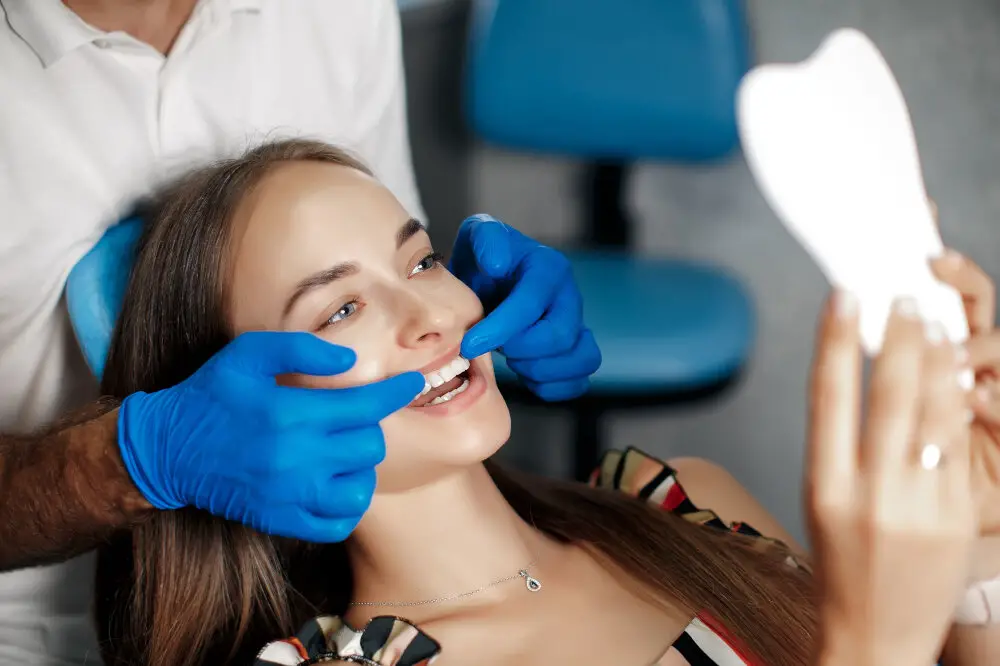
Dental problems are one of the most common health issues that dogs face. They can range from minor issues such as bad breath and tartar buildup to more serious problems like gum disease and tooth decay. It’s important for dog owners to be aware of the signs and symptoms of dental problems in their pets so that they can take appropriate action to prevent further complications. Some of the most common signs of dental problems in dogs include bad breath, yellow or brown teeth, swollen or bleeding gums, and difficulty eating or chewing. One of the main reasons why dental problems are so common in dogs is that many owners do not take proper care of their pet’s teeth. This can include neglecting to brush their teeth regularly, feeding them a poor diet, and not taking them to the vet for regular dental checkups. It’s important for owners to take an active role in maintaining their pet’s dental health by providing them with a healthy diet, regular brushing and cleaning, and scheduling regular checkups with a veterinarian. With proper care, many dental problems can be prevented or treated before they become more serious issues that can affect a dog’s overall health and well-being.
Dental issues can cause teeth chattering in dogs due to the discomfort and pain associated with the problem. If a dog has a toothache, gum disease, or any other dental issue, it can cause a sharp, shooting pain in the mouth, leading to teeth chattering. The chattering is a reflex action, just like humans shivering when cold. Dogs may also chatter their teeth when their teeth are sensitive to cold or hot temperatures, which is a common symptom of dental problems. The chattering may be accompanied by other signs of dental problems, such as drooling, bad breath, and difficulty chewing. It is essential to take your dog to the vet for a dental checkup regularly to prevent dental issues and keep your furry friend healthy and happy.
Teeth chattering is a common behavior in dogs that is often associated with dental problems. Poor oral hygiene, gum disease, tooth decay, and broken teeth can all lead to discomfort, pain, and sensitivity in the mouth, causing dogs to chatter their teeth. In addition, dogs may experience teeth chattering due to anxiety, stress, excitement, or fear. It is important to address dental issues promptly, as they can cause serious health problems if left untreated. Regular dental checkups, teeth cleaning, and proper dental care can help prevent dental problems that lead to teeth chattering and ensure your dog’s overall health and well-being.
Medical Conditions
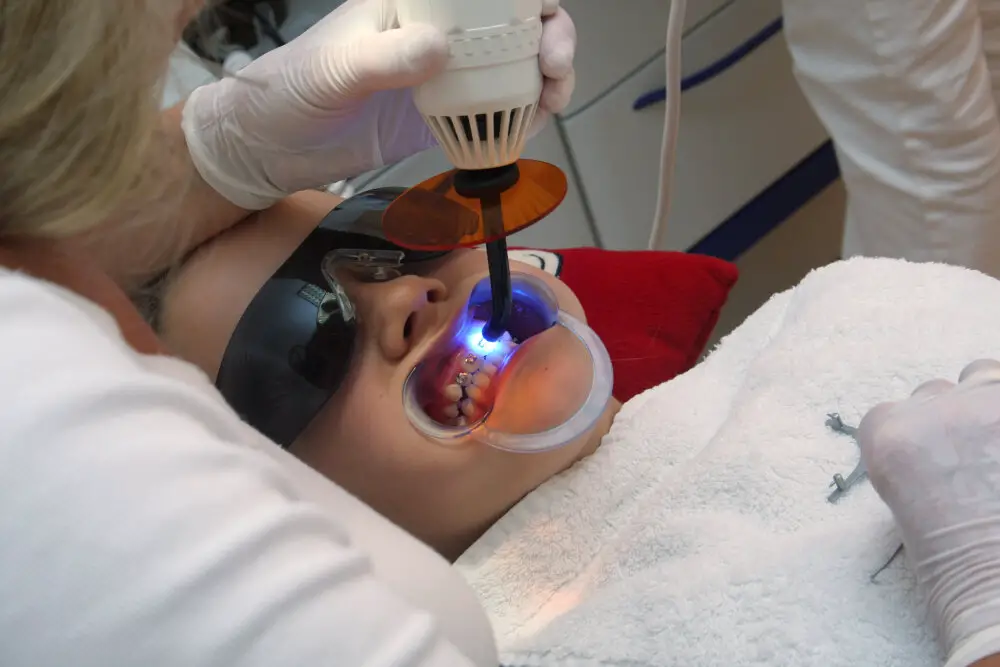
Dogs can experience a variety of medical conditions that may cause their teeth to chatter. One common condition is dental issues such as periodontal disease, tooth decay, or a broken tooth. These conditions can cause pain and discomfort, which may lead to teeth chattering as a response. It is essential to take care of your dog’s dental health by brushing their teeth regularly, providing them with dental chews or toys, and taking them to the vet for regular dental checkups. Other medical conditions that may cause teeth chattering in dogs include neurological disorders such as seizures, tremors, and Parkinson’s disease. These conditions can cause involuntary muscle movements, including those in the jaw and mouth, leading to teeth chattering. If you notice your dog’s teeth chattering frequently, it is recommended to take them to the vet for a thorough examination to rule out any underlying medical conditions. In conclusion, it is essential to pay attention to your dog’s behavior and seek professional help if you notice any changes or unusual habits such as teeth chattering.
Teeth chattering in dogs can be caused by various medical conditions, such as pain, anxiety, and dental problems. Pain can cause teeth chattering in dogs because it causes them to tense up and shiver, which can result in their teeth chattering. Anxiety can also cause teeth chattering because it increases the dog’s heart rate, causing them to shake and shiver. Dental problems, such as gum disease, can cause teeth chattering in dogs because the pain in their mouths can be unbearable. Additionally, neurological conditions, such as epilepsy, can also cause teeth chattering in dogs. Therefore, if your dog experiences teeth chattering frequently, it is essential to take them to a veterinarian to determine the underlying cause and seek treatment accordingly.
Teeth chattering is a common behavior in dogs, but it can also be a sign of an underlying medical condition. Some of the medical conditions that may cause teeth chattering in dogs include dental issues, such as tooth decay or gum disease, as well as neurological disorders like epilepsy or Parkinson’s disease. Additionally, dogs with hypothermia or fever may also exhibit teeth chattering as a symptom of their condition. Other possible causes of teeth chattering include anxiety, fear, and excitement. It is important for pet owners to monitor their dog’s teeth chattering behavior and seek veterinary attention if they suspect an underlying medical issue.
Dogs are known to exhibit various behaviors, and teeth chattering is one of them. There are several reasons why dogs may chatter their teeth, including excitement, anxiety, fear, or even cold temperatures. In some cases, it may be a sign of dental issues, such as misaligned teeth or gum disease. Additionally, teeth chattering may also be a symptom of pain or discomfort, particularly in older dogs. Therefore, it’s essential to observe your dog’s body language and other accompanying signs to determine the root cause of their teeth chattering behavior. This way, you can help your furry friend manage any underlying issues and ensure their overall well-being.
If you notice your dog’s teeth chattering, it may be a sign of a dental problem or a more serious medical condition. In some cases, teeth chattering is a natural response to excitement or cold weather, but if it occurs frequently and is accompanied by other symptoms such as vomiting, diarrhea, lethargy, or loss of appetite, it is crucial to seek veterinary attention immediately. Chattering teeth may indicate pain, discomfort, or anxiety, and ignoring these symptoms can lead to more severe health issues in the future. Regular dental check-ups and proper oral hygiene can prevent dental problems and reduce the risk of teeth chattering in dogs.
Conclusion
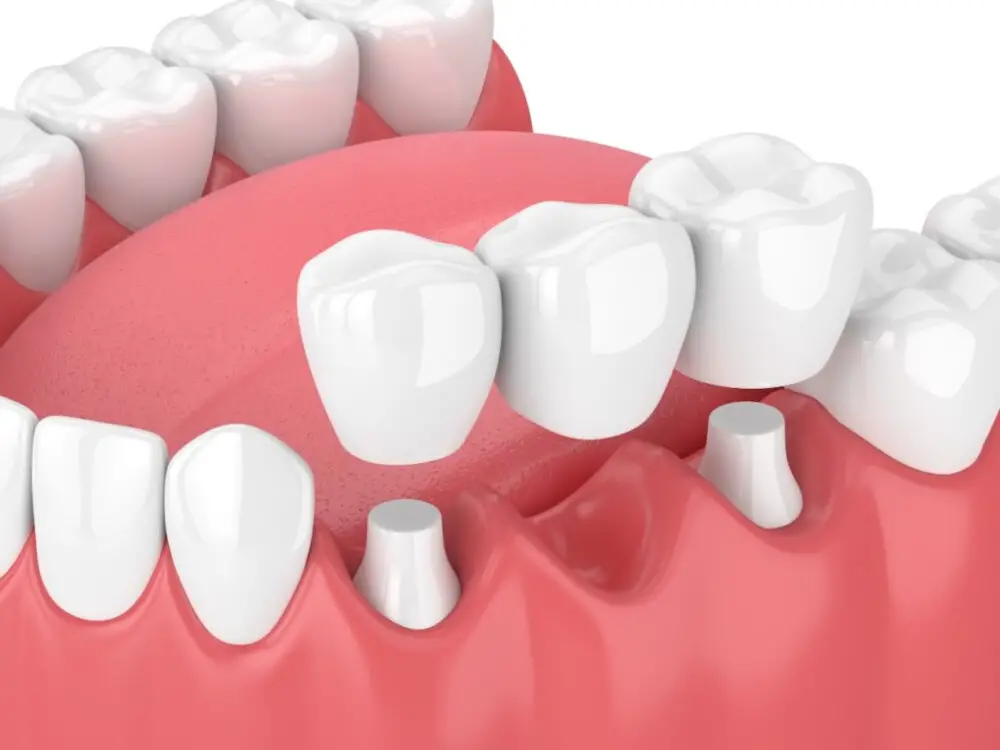
In conclusion, understanding why your dog’s teeth chatter is important for any responsible pet owner. This common canine behavior can be caused by a variety of factors, including excitement, anxiety, and even dental problems. By paying attention to your dog’s body language and seeking veterinary care when necessary, you can help ensure that your furry friend remains healthy and happy. Additionally, providing your dog with regular dental care, such as brushing their teeth and providing dental chews, can help prevent dental issues and reduce the likelihood of tooth chatter in the future. Overall, being knowledgeable about your dog’s behavior and health is key to building a strong and loving relationship with your four-legged companion.






